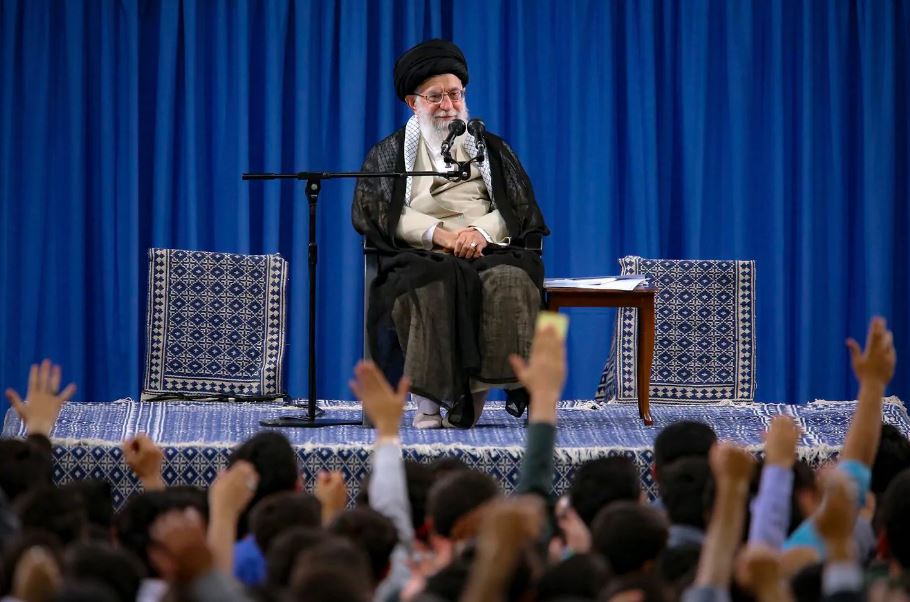Washington is finding maximum pressure campaigns have
limitations and bringing along friends and allies could help.
As Washington is finding, maximum pressure campaigns have their own limitations, even with the most coherent and experienced foreign policy teams. But with the Commander-in-Chief sending mixed messages (overnight Donald Trump described the alleged Iranian attacks on oil tankers in the Gulf of Oman as “very minor”) and the way senior officials move through a revolving door at the Trump White House – the withdrawal of acting Defense Secretary Patrick Shanahan from being appointed only the latest of many departures – the US policy to pressure Tehran is proving especially difficult.
To begin with, the more unilateral the campaign, the less effective. Not in an economic sense, because it is obvious that the ever-expanding sanctions regime is hurting Iran. But backing out of the nuclear deal, with which Iran was complying, and then re-imposing sanctions that also punish Washington’s allies if their companies deliberately or inadvertently fall foul of the sanctions, does nothing to foster political camaraderie.
And it is precisely when the going gets difficult that you need all of your friends to support you in applying “maximum diplomatic pressure”. And the going is getting difficult.
Iran believes that it has been backed into a corner and that Trump has no intention of negotiating. Supreme leader Ayatollah Ali Khamenei said as much last week during his meeting with Japan’s Prime minister Shinzo Abe. Khamenei also pointed to the imposition of sanctions on Iran’s petrochemical industry after Abe’s visit was announced as proof that Washington’s offer of talks was not serious.
Read the article by Rodger Shanahan on The Interpreter.

